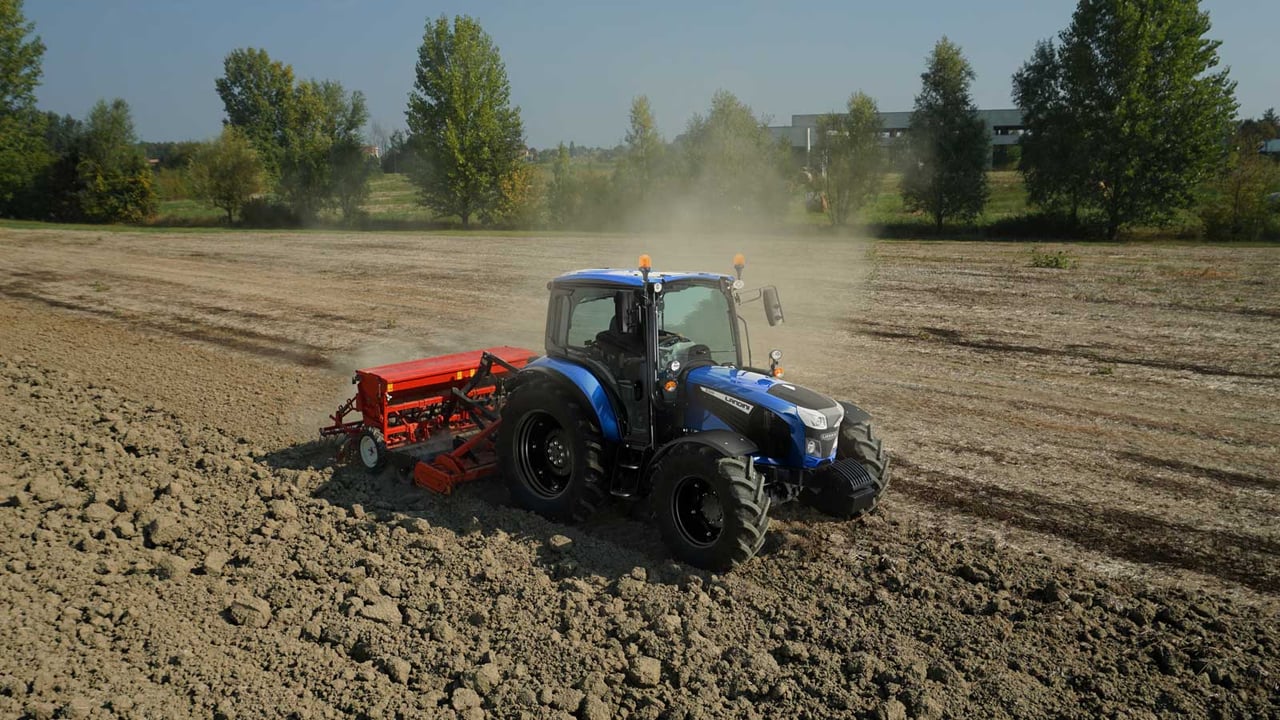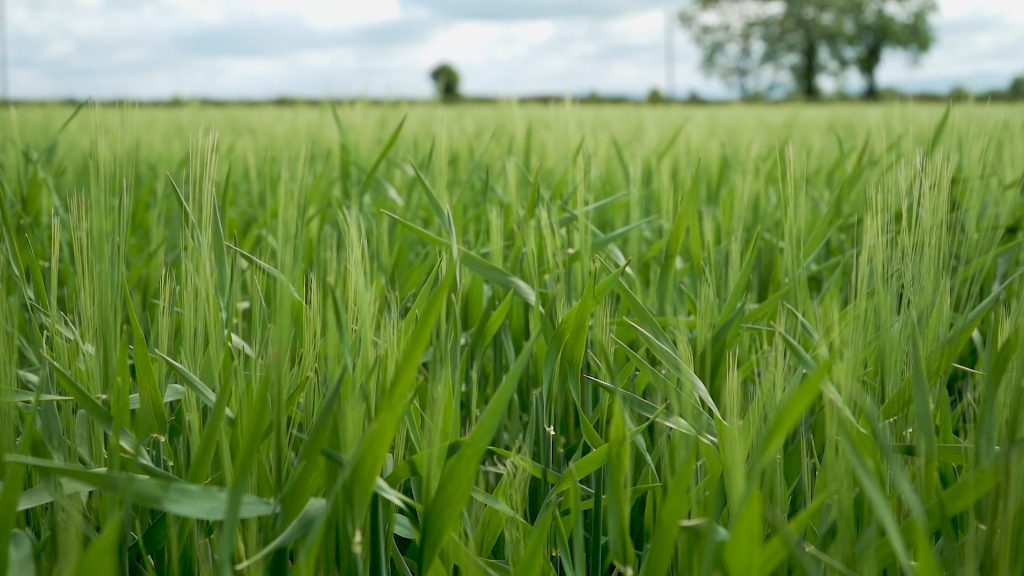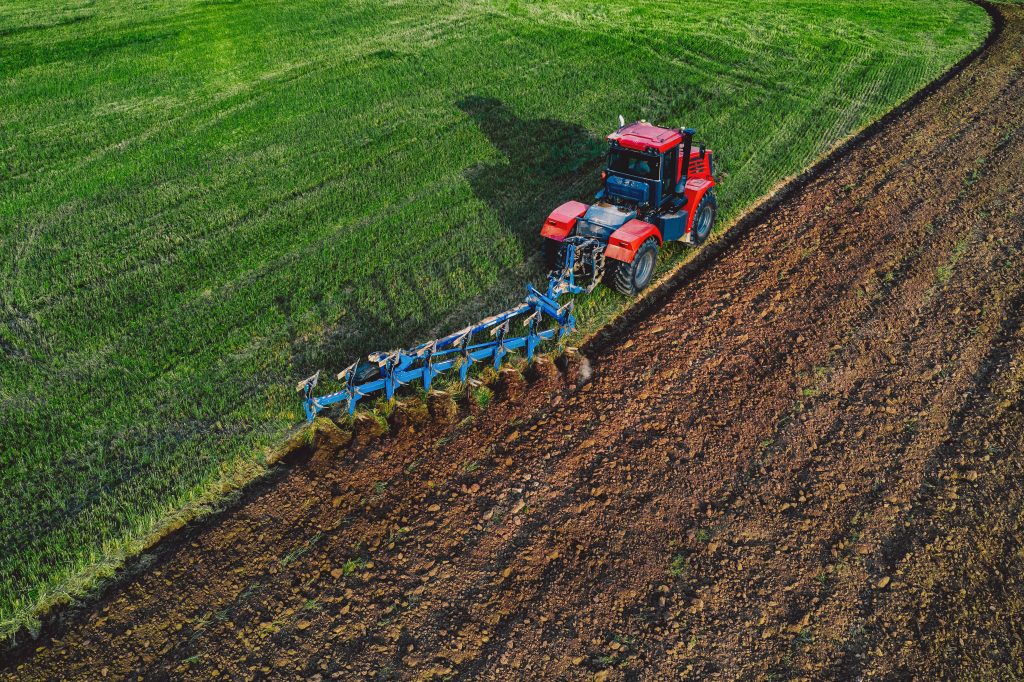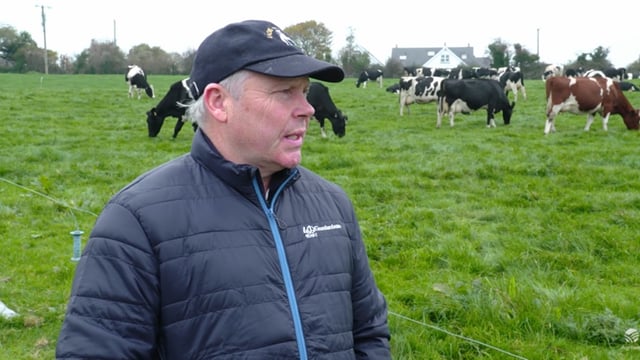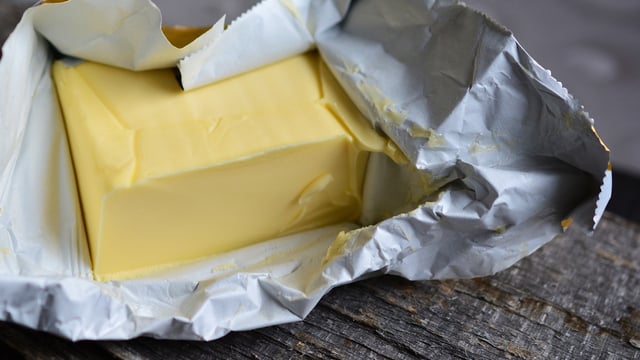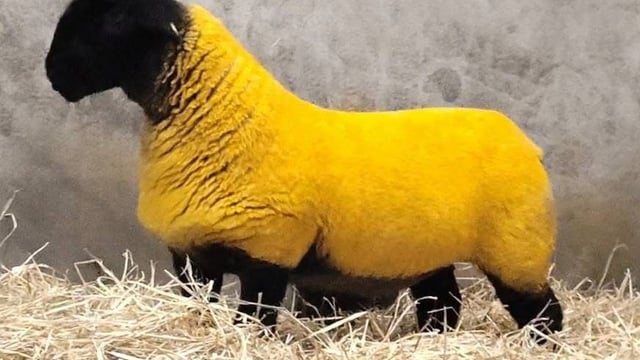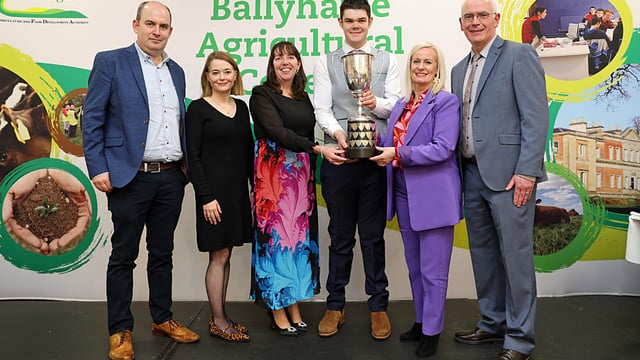Cereals 'well up and established' at Oak Park
Teagasc Oak Park in Co. Carlow is the most visited tillage farm in Ireland. Its farm manager, Brendan Burke has outlined the progress being made as the autumn progressed into winter.
He said: “We started sowing winter cereals during the first week of October and we were done nicely by October 25.
“At this stage everything is well up and established. That said, there have been one or two trials for which we have been waiting on the delivery of seed.
"And certainly by the end of October, beginning of November, the ground had started to become quite mucky," he said on the Tillage Edge podcast.
Full plant counts have yet to be completed on the Carlow farm. However, Brendan Burke confirmed that all trial plots have performed up to the standard required of them up to this point.”
He said: “We have perfect soils at Oak Park for non-powered cultivator drills. However, most of our fields have trial plots within them, which push in the direction of traditional cultivation methods, for the most part.
“There are, of course, specific trials looking at the impact of min-till and traditional cultivation options.”
The ground at Oak Park is quite light, making it quite easy to manage from a planting and crop establishment perspective.
However, drought-related problems can arise during dry spells in the late spring period.
“Our land at Knockbeg and at the northern fringe of Oak Park itself is that little bit tackier," Burke continued.
“It means that the ground at these locations should be watched; compaction can be an issue.
“It’s then very much a case of ploughing these sites on the right day. We tend to get around these sites that little bit earlier in the planting season."
This year, 30ha of land at Knockbeg has been specifically divided up into five sections, comparing the impact of min-till with conventional establishment systems.
The rotations being followed comprise a mix of wheat, barley beans and oats.
There have been very positive establishment rates in winter cereals planted over recent weeks across the country.
According to Brendan Burke, the same scenario has unfolded at Oak Park.
“The one exception was a crop sown out in a field where chopped oaten straw had been incorporated after harvest. There was still a lot of trash in the field at time of drilling," he explained.
“Many of the seeds are still visible. But it’s doubtful if they will all germinate at this stage.
“Maybe we should have worked the chopped straw a second time in order to help break it down a bit further; this is a min-till scenario.”
Significantly, club root infestations have posed a challenge for the farm management team at Oak Park over recent years.
On the back of this, Burke is confirming that oilseed rape has been taken out of the rotations followed on the Carlow farm.
“This has been the case for the past two years. Our priority has not been to spread the disease across the farm," he continued.
“However, this year we have sown out a club-root-tolerant variety at one location.
“We know there is an issue with club root at this specific site. So it will be interesting to see how disease-tolerant varieties perform over the coming season.
“Initial germination rates have been very promising. In addition there is a lot of charlock growing between the trial plots on this site.
“So it will be interesting to see if the weed population that is now there succumbs to club root.”
Oilseed rape varieties that are tolerant to club root tend to be lower yielding than those that are not.
“The companies supplying the seed have already made us aware of this issue,” Burke indicated.
The period directly following the completion of the 2025 grain harvest gave Irish tillage farmers a tremendous opportunity to plant out cover crops in almost perfect conditions.
The practice at Oak Park over recent seasons has been to establish cover crops on land that had been previously sown out in winter barley.
“This year, our cover crops were sown out on July 24 with emergence following a few days later. They have bulked up tremendously well over recent weeks," Burke said.
“The plan will be to wait for a frosty spell during January and or February, next year, after which the cover crops will be rolled down. Ploughing will then follow.
“This should allow for the early planting of our malting crops.
“We do not use Roundup to knock down the cover crops. Up to this point we have not encountered any problems when it comes to ploughing cover crops in.”

